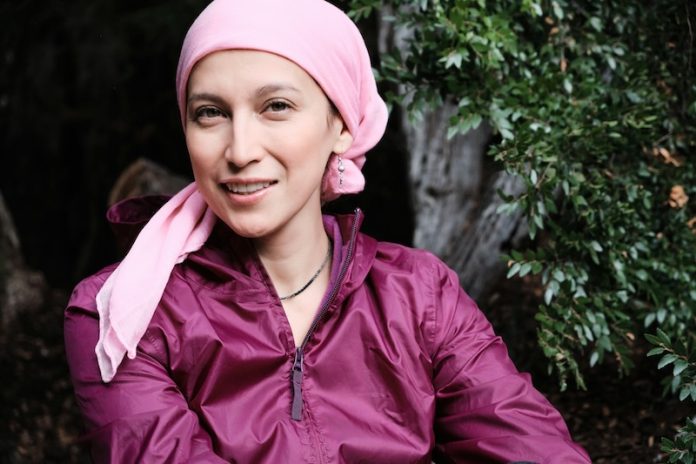
Hair loss, also known as alopecia, is a common side effect of cancer treatments, particularly chemotherapy.
This experience can be emotionally and psychologically challenging for many patients, affecting their self-esteem and sense of identity.
This review aims to provide a clear and empathetic understanding of hair loss during cancer treatment, exploring the reasons behind it, the research into managing it, and the steps towards coping with this change.
Why Does Hair Loss Happen in Cancer Treatment?
Cancer treatments, especially chemotherapy, target rapidly dividing cancer cells. Unfortunately, these treatments cannot distinguish between cancerous cells and other rapidly dividing cells in the body, such as those in the hair follicles.
This leads to hair thinning or complete hair loss, not only on the scalp but also eyebrows, eyelashes, and other body parts.
Radiation therapy can also cause hair loss, but unlike chemotherapy, it affects only the specific area being treated. For example, a person receiving radiation therapy to the head may lose hair only in that area.
Research Evidence on Hair Loss and Management Strategies
Research has consistently focused on understanding and mitigating the side effects of cancer treatments, including hair loss. Studies show that scalp cooling devices can be effective in preventing hair loss during chemotherapy.
These devices work by reducing the temperature of the scalp immediately before, during, and after the administration of chemotherapy. The cooling narrows the blood vessels in the scalp, reducing the amount of chemotherapy medication that reaches the hair follicles.
Clinical trials and patient surveys have supported the efficacy of scalp cooling devices, indicating a significant reduction in hair loss among users compared to those who do not use these devices.
However, it’s important to note that the success of scalp cooling varies depending on the type of chemotherapy, with some patients experiencing mild to moderate hair preservation and others noticing minimal effect.
Aside from medical devices, research has also explored the psychological impact of hair loss and the importance of support systems and counseling for those undergoing cancer treatment.
Support groups, psychological counseling, and educational resources have been identified as key factors in helping patients cope with the emotional distress associated with hair loss.
Coping Strategies
Understanding and preparing for the possibility of hair loss before treatment starts can help individuals cope better. Here are some strategies recommended by healthcare professionals:
- Exploring Hair Options: Wigs, hats, scarves, and turbans can offer comfort and confidence. Some choose to embrace their hair loss, finding empowerment in the process.
- Scalp Care: Gentle hair care and scalp protection are crucial. Using mild shampoos, avoiding harsh treatments, and protecting the scalp from the sun are recommended practices.
- Seeking Support: Joining support groups or connecting with others going through similar experiences can provide emotional solace and valuable tips.
- Focusing on Recovery: Remembering that hair loss is usually temporary and focusing on the treatment’s goal – recovery from cancer – can provide perspective and strength.
Moving Forward
Research into minimizing hair loss and developing new treatments that are less likely to cause this side effect continues. As our understanding of cancer and its treatment evolves, the hope is for more personalized and less intrusive treatments.
Hair loss due to cancer treatment is a deeply personal experience, varying greatly from one individual to another.
The journey through treatment is challenging, but with advancements in medical science, supportive care, and community resources, patients do not have to face it alone. The focus remains not just on surviving cancer but on living well during and after treatment.
If you care about cancer, please read studies about a new method to treat cancer effectively, and this low-dose, four-drug combo may block cancer spread.
For more information about cancer prevention, please see recent studies about nutrient in fish that can be a poison for cancer, and results showing this daily vitamin is critical to cancer prevention.
Copyright © 2024 Knowridge Science Report. All rights reserved.



